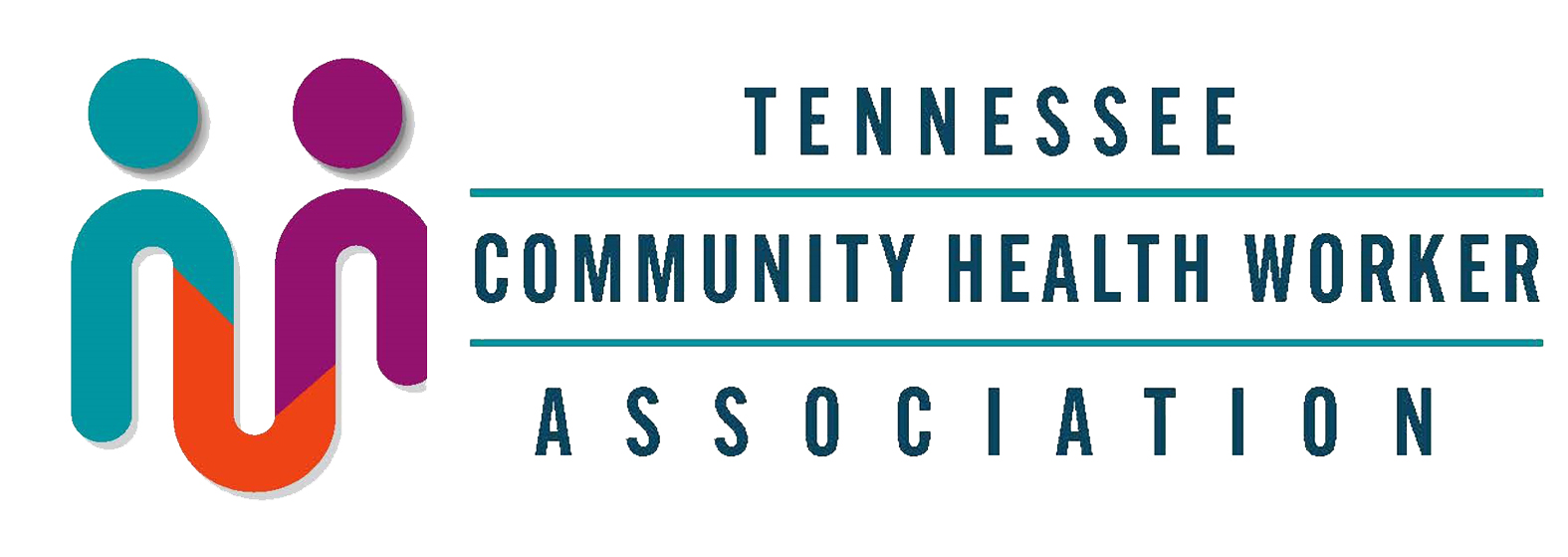- info@tnchwa.org
CHW TRAINING PROGAM
- Home .
- Training

Overview of the CHW Training Program
The Community Health Worker Training Program of Tennessee is a partnership between the Tennessee Community Health Worker Association (TNCHWA), the Rural Health Association of Tennessee, and Vanderbilt University School of Nursing. The program aims to increase the quantity and quality of certified community health workers (CHWs) working in Tennessee. The program offers virtual, competency-based training with an option for a field placement or apprenticeship to achieve certification.
Defining the Role of a CHW
A Community Health Worker (CHW) is a frontline public health worker who is rooted in or very familiar with the patient community through shared life and/or health experiences. CHWs help improve the quality and cultural competence of an organization’s service delivery. They are effective in helping patients follow through with provider recommendations and are skilled in motivating, teaching, and helping patients build wellness and other skills.
CHWs actively engage with patients to improve health outcomes, establishing rapport and trust. They provide individual and group health education around many different health topics (e.g., diabetes management, healthy pregnancy, vaccinations, hypertension) and facilitate access to social services and social support. CHWs also communicate with healthcare providers on behalf of patients and the community.

Building, Supporting, and Sustaining a CHW Training Program
The purpose of the CHW Training Program is to build, support, and sustain a CHW training program and employment pathway for certified CHWs. The program aims to recruit and train 270 trusted community members who live in Tennessee and are interested in increasing positive health outcomes in their communities. The program places trained community members in a variety of settings, such as social service agencies, clinics, hospitals, schools, and health departments across Tennessee, to help them gain work skills.
The program certifies CHWs based on training completion and on-the-job skill development according to standardized competencies. Additionally, the program trains and supports agencies that are interested in hiring CHWs to improve service delivery for patients/customers.
Building Competency-Based Modules and Learning Experiences
The CHW Training Program is comprised of two tracks: Field placement and Apprenticeship. The field placement track requires trainees to complete 144 hours of training in CHW competencies and 192 hours of on-the-job instruction as an unpaid intern at a community agency. The apprenticeship track requires trainees to complete 144 hours of training in CHW competencies and 2000 hours of paid on-the-job experience at a community agency. The program’s 144 virtual training/education hours include self-paced modules through an online learning platform as well as educational/practice sessions with a trainer (via Zoom). Competency-based modules and learning experiences cover topics such as Social Determinants of Health, Telehealth, Digital and Health Literacy, Health Equity, Chronic Disease, and many more.
All trainees will complete either a field placement or apprenticeship to achieve certification:
- Field placement: trainees will complete 144 hours of training in CHW competencies and 192 hours of on-the-job instruction as an unpaid intern at a community agency.
- Apprenticeship: trainees will complete 144 hours of training in CHW competencies and 2000 hours of paid on-the-job experience at a community agency.

About Us
TNCHWA, established in 2021, empowers and supports community health workers (CHWs) in Tennessee. As the primary organization for CHWs in the state, we promote their vital role in improving health outcomes for residents.
